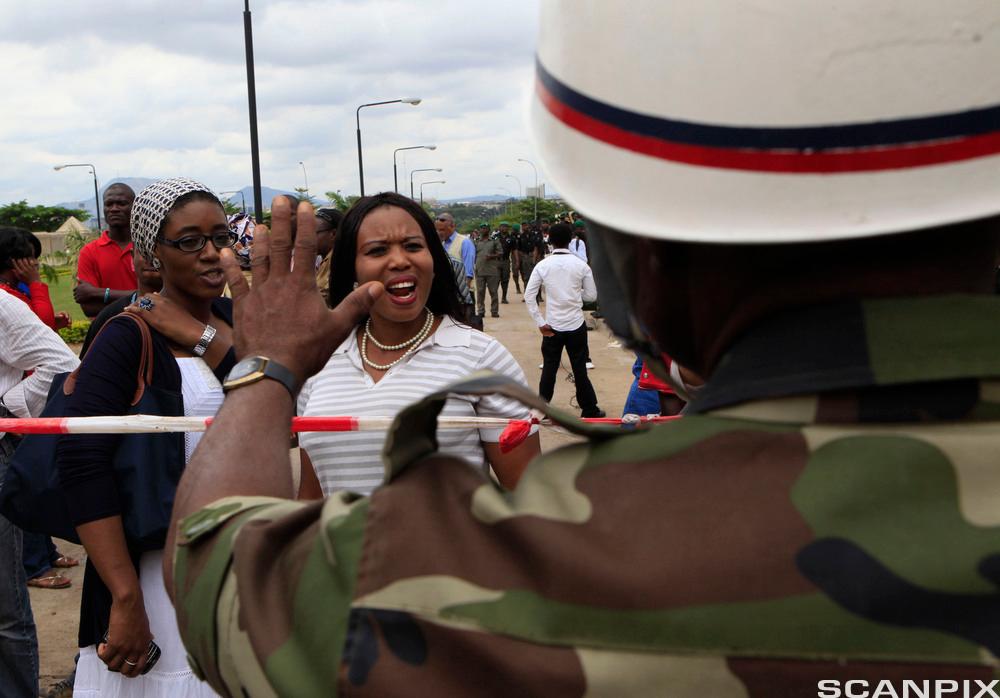Nigeria: Balancing on the Edge of Ethnic Conflicts

Nigeria is an interesting country in many respects. It is Africa’s most populous country with 190 million people (est. 2017), according to the CIA World Factbook. It is also, alongside South Africa, another member of the English-speaking world and a regional superpower. It is said that “When Nigeria sneezes, the rest of the African nations catch cold.”
Nigeria has chosen English as its official language. This choice seems to be directly motivated by the large number of ethnic groups (more than 250) and indigenous languages (over 500) present on Nigerian soil. In other words, English works as a lingua franca – a language that makes communication possible between people who don’t share a mother tongue.
It has been said that a compromise is good if it leaves everyone a little bit dissatisfied. In other words, it is rarely an ideal solution. However, what is the alternative? Some would win it all, but some would also lose everything. In some contexts, such complete defeats are not acceptable, and they may very well lead to conflict and the use of force. Thus, the choice of an official language that was commonly shared throughout the population – even though it was probably inspired by pragmatism, with (one might suppose) very few people being really thrilled about it – seems like a wise one. Not giving the upper hand to some ethnic groups, at the expense of others, may have contributed to the neutralization of a probable and predictable source of unrest.
Websearch
Skim through the Factbook’s Nigerian section The online Factbook - CIA and find out what it can tell you about Nigeria as a multicultural society.
Give a brief oral presentation of Nigeria based on what you remember. Make sure you add expressions to create fluency, such as also, in addition, on the other hand, still, likewise, etc.
Write a short introduction to Nigeria based on what you remember. Make sure you add expressions to create fluency, such as also, in addition, on the other hand, still, likewise, etc.
Relatert innhold
Nigeria is a republic in West Africa with a large population and a fast growing economy, but faces challenges due to ethnic conflicts and corruption.